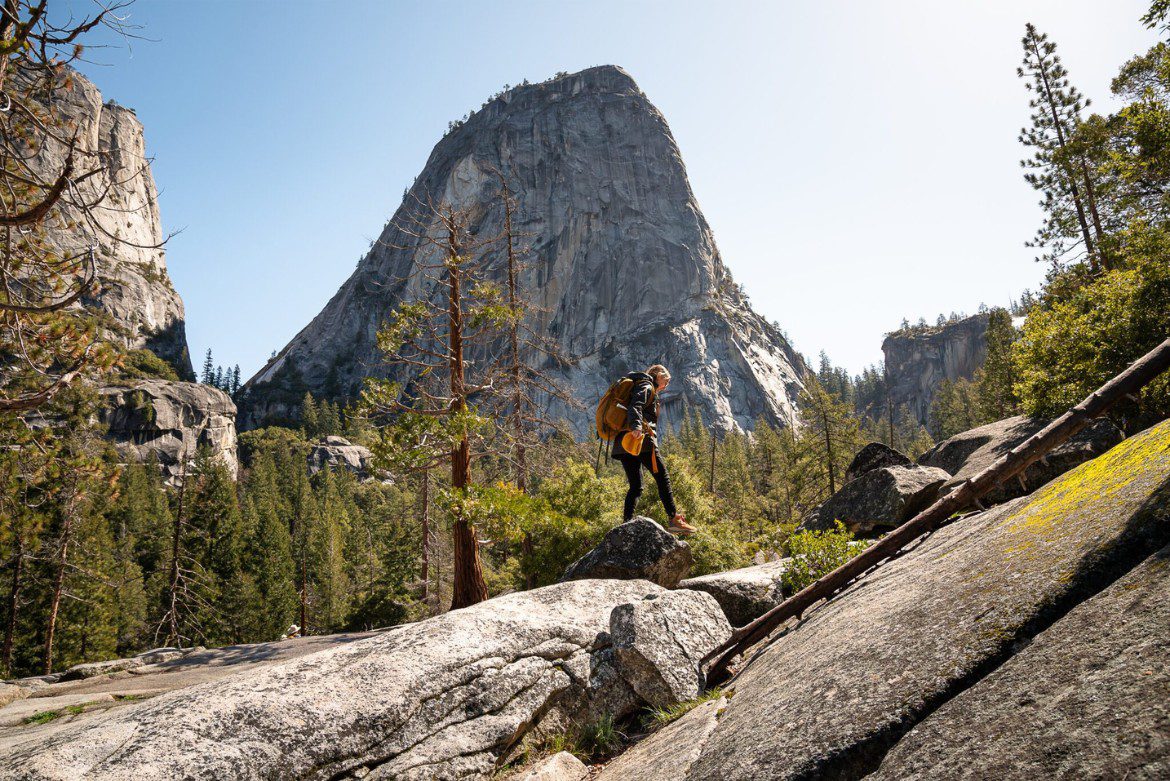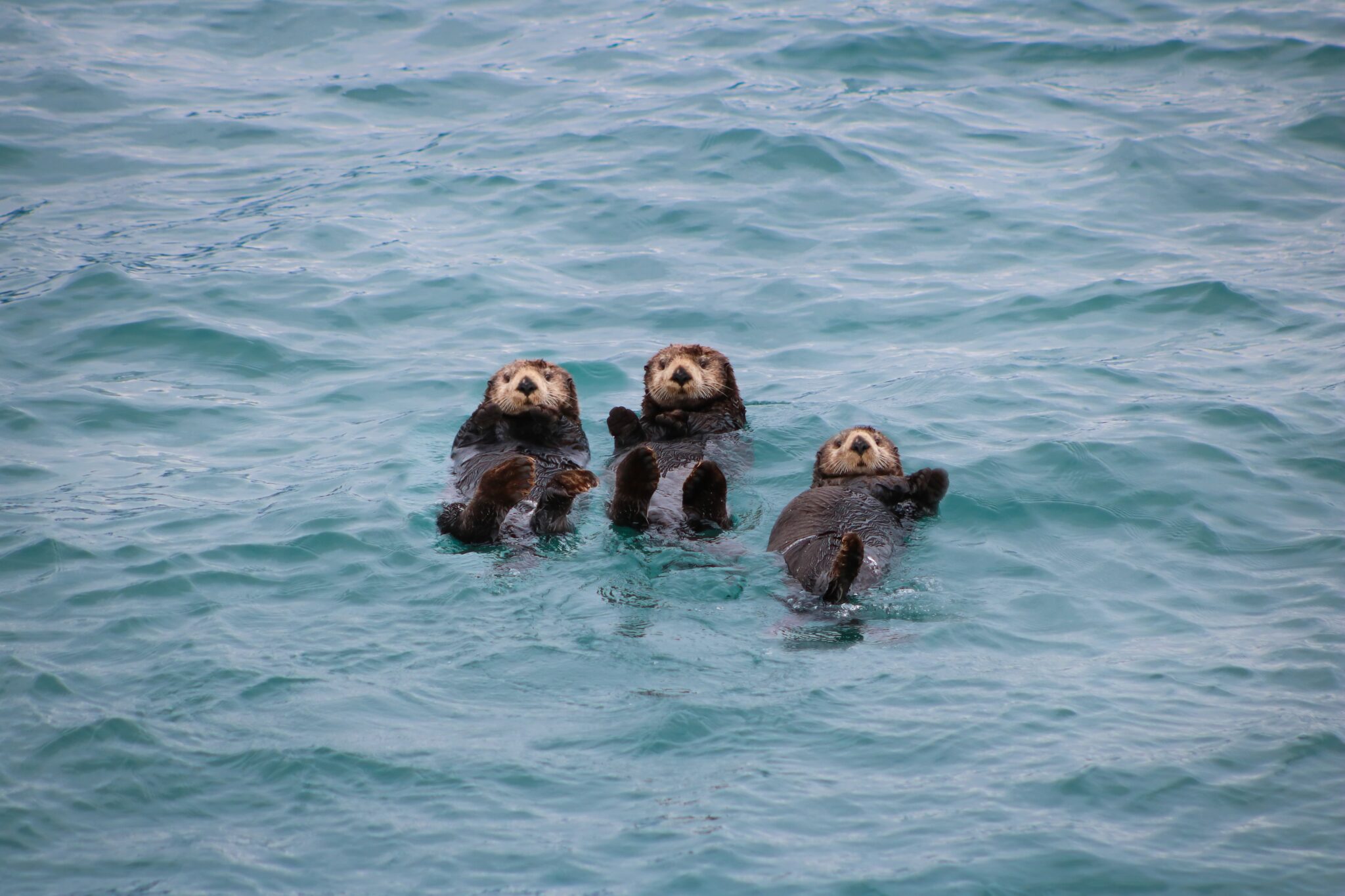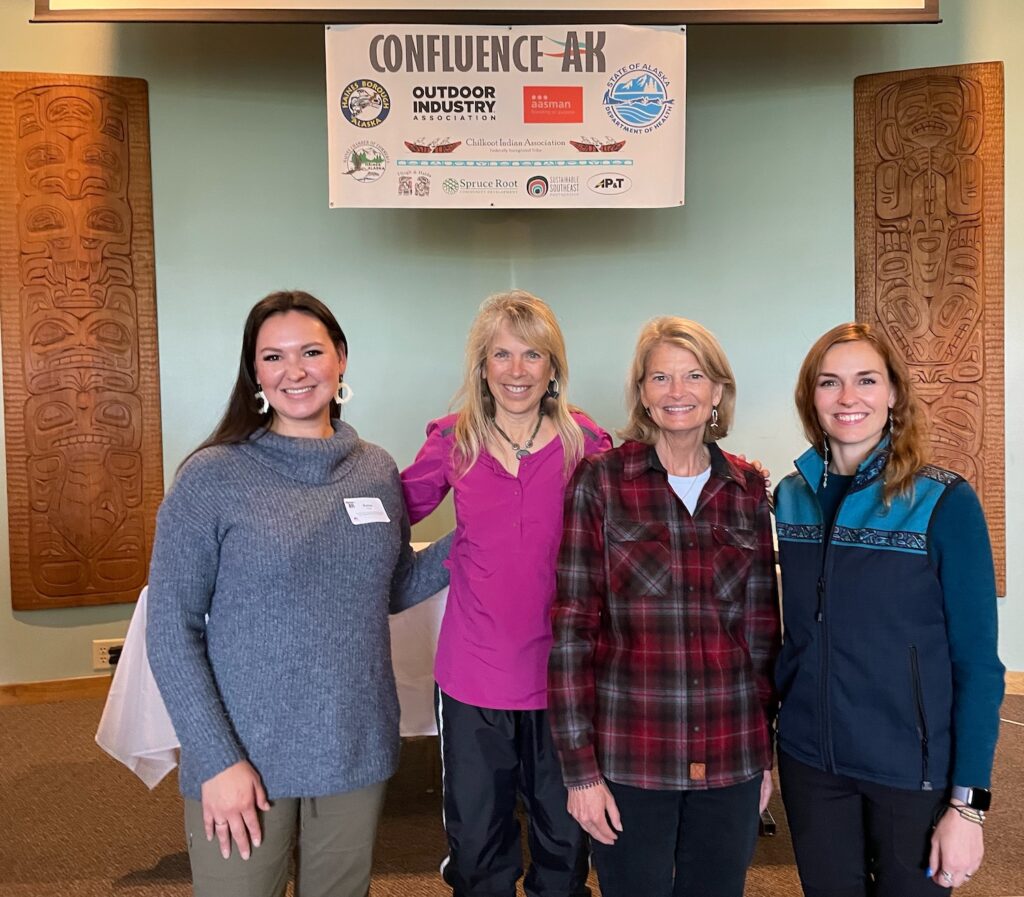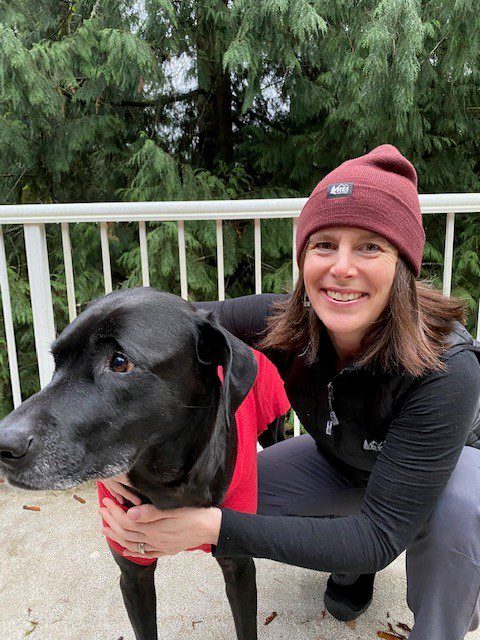The signing of the EXPLORE Act into law by President Biden on January 4, 2025 marks a monumental leap forward for public lands, outdoor recreation, and local communities nationwide. This landmark legislation reinforces America’s commitment to ensuring that everyone—regardless of ability or background—can experience the wonder of our nation’s outdoor spaces.
Here are eight reasons why the outdoor industry is celebrating the EXPLORE Act becoming law:
1. Increased Access for Veterans, Persons with Disabilities, and Youth
EXPLORE introduces tailored programs to enhance outdoor access for military veterans, individuals with disabilities, and youth. Initiatives such as accessible trail development, assistive technologies, and programs like the extension of the Every Kid Outdoors Act ensure opportunities for exploration and recreation for everyone. These efforts acknowledge the healing power of nature, the importance of fostering a love for the outdoors in younger generations, and the need to make the benefits of being outdoors universally available.
2. Simplified Permitting for Outdoor Activities
‘Red tape’ has long hindered the growth of outdoor recreation and made it hard for guides to do their jobs and take people into the outdoors. By reforming the permitting process, the EXPLORE Act makes it easier for businesses, guides, and organizations to operate across federal lands. Streamlined multi-jurisdictional permits foster seamless access for outfitters and adventurers alike.
3. Outdoor Recreation Legacy Partnership (ORLP) Funding
The ORLP program receives a critical boost, paving the way for the revitalization of urban parks and outdoor recreation facilities. This funding ensures that underserved urban areas benefit from the same opportunities for outdoor engagement as rural communities.
4. Federal Interagency Council on Outdoor Recreation (FICOR) Support
With a renewed focus on coordination between federal agencies, EXPLORE strengthens FICOR, fostering collaborative efforts to enhance visitor experiences, improve recreation infrastructure, and optimize the management of public lands. FICOR is a coalition of federal agencies, including the Departments of Agriculture, Commerce, Defense, and the Interior, that work together to enhance outdoor recreation opportunities and access on public lands and waters. This coordination drives efficiency and ensures sustainable enjoyment of natural spaces.
5. Preservation of America’s Rock-Climbing Areas
EXPLORE formally recognizes rock climbing as a vital recreational activity and establishes guidelines to protect climbing areas, including the maintenance of fixed anchors. These provisions safeguard climbing opportunities while ensuring compliance with wilderness preservation laws.
6. Support for Gateway Communities
EXPLORE invests in gateway communities—towns adjacent to public lands—by addressing housing shortages, infrastructure needs, and economic development. These communities often serve as the front door to America’s outdoor spaces, and this support strengthens their ability to accommodate visitors sustainably.
7. Empowering Sustainable Visitation Through Data
A Real-Time Data Pilot Program ensures visitors can access accurate, up-to-date information about park crowding and conditions. By diverting visitors to lesser-known sites, the program alleviates overcrowding at popular destinations and promotes sustainable recreation practices.
8. Funding for Recreation Infrastructure Maintenance
From campsite restoration to new trails, EXPLORE directs significant funding toward addressing the maintenance backlog on federal lands. This ensures long-term sustainability and improved access for future generations.
The EXPLORE Act represents a significant milestone in the effort to create a more inclusive and sustainable future for outdoor recreation. By addressing barriers to access, empowering local communities, and investing in infrastructure and conservation, EXPLORE ensures that public lands and waters remain a source of inspiration and opportunity for everyone. Outdoor spaces play a vital role in our lives, and this legislation paves the way for future generations to create meaningful connections with and take responsibility for our public lands and waters.
Your outdoor business can help advocate for policies like EXPLORE that protect the future of outdoor spaces and our industry. Engage with OIA Advocacy today.






 Written by
Written by 
 REI Co-op has donated $1 million to the Thrive Outside initiative in hopes of helping kids in urban centers around the U.S. have repeating outdoor experiences in slices of nature close to home. As manager of REI Co-op’s philanthropy and community partnerships programs, Kristen Ragain works to support programming that ensures that every person can benefit from time outdoors. We asked her why it’s so important to support this, and how she thinks the average American’s outdoor experience could change once life begins to return to normal.
REI Co-op has donated $1 million to the Thrive Outside initiative in hopes of helping kids in urban centers around the U.S. have repeating outdoor experiences in slices of nature close to home. As manager of REI Co-op’s philanthropy and community partnerships programs, Kristen Ragain works to support programming that ensures that every person can benefit from time outdoors. We asked her why it’s so important to support this, and how she thinks the average American’s outdoor experience could change once life begins to return to normal.